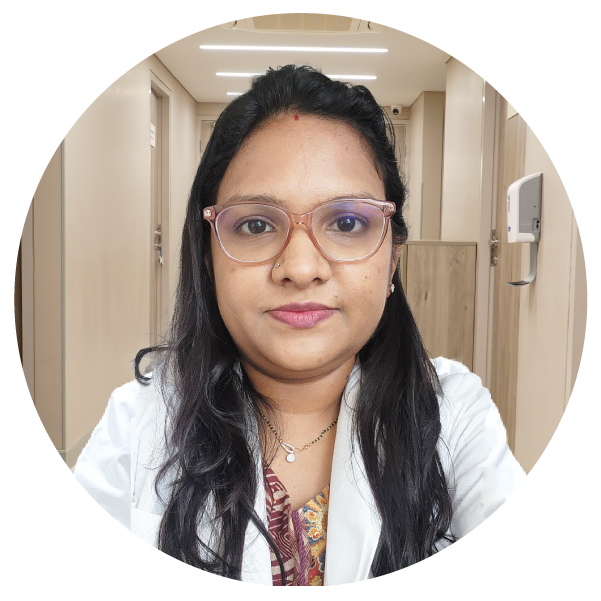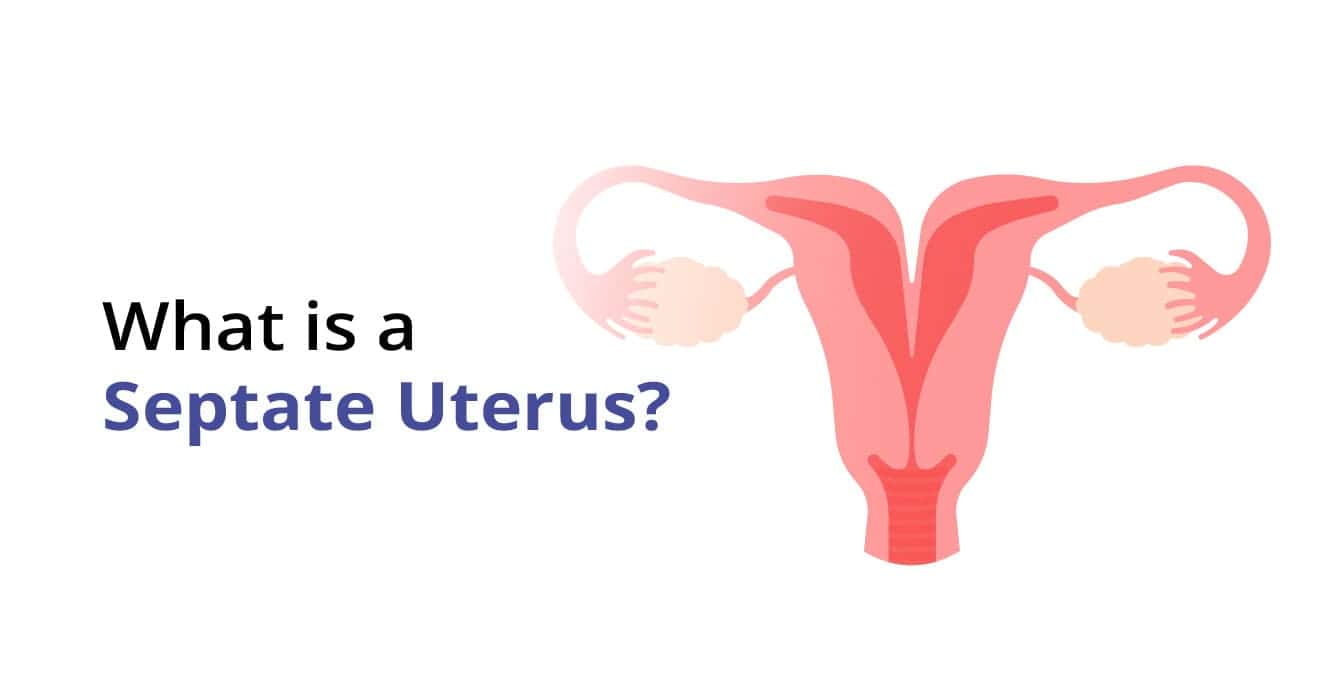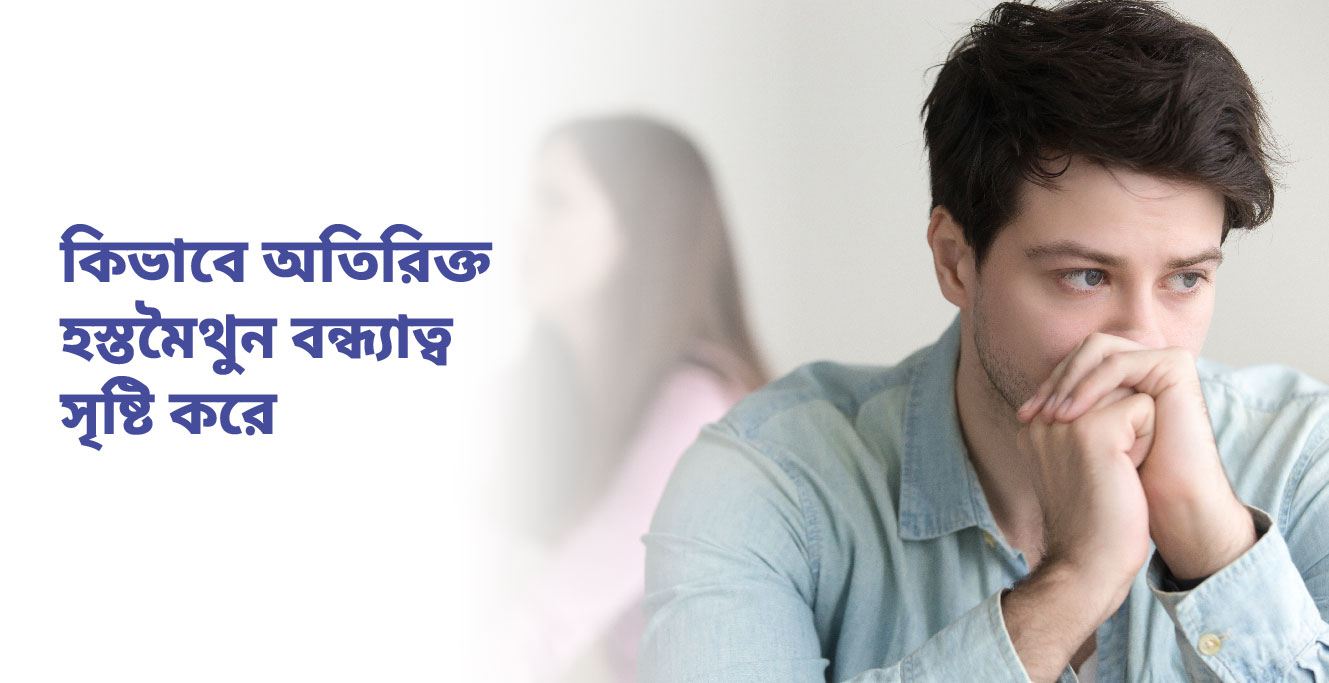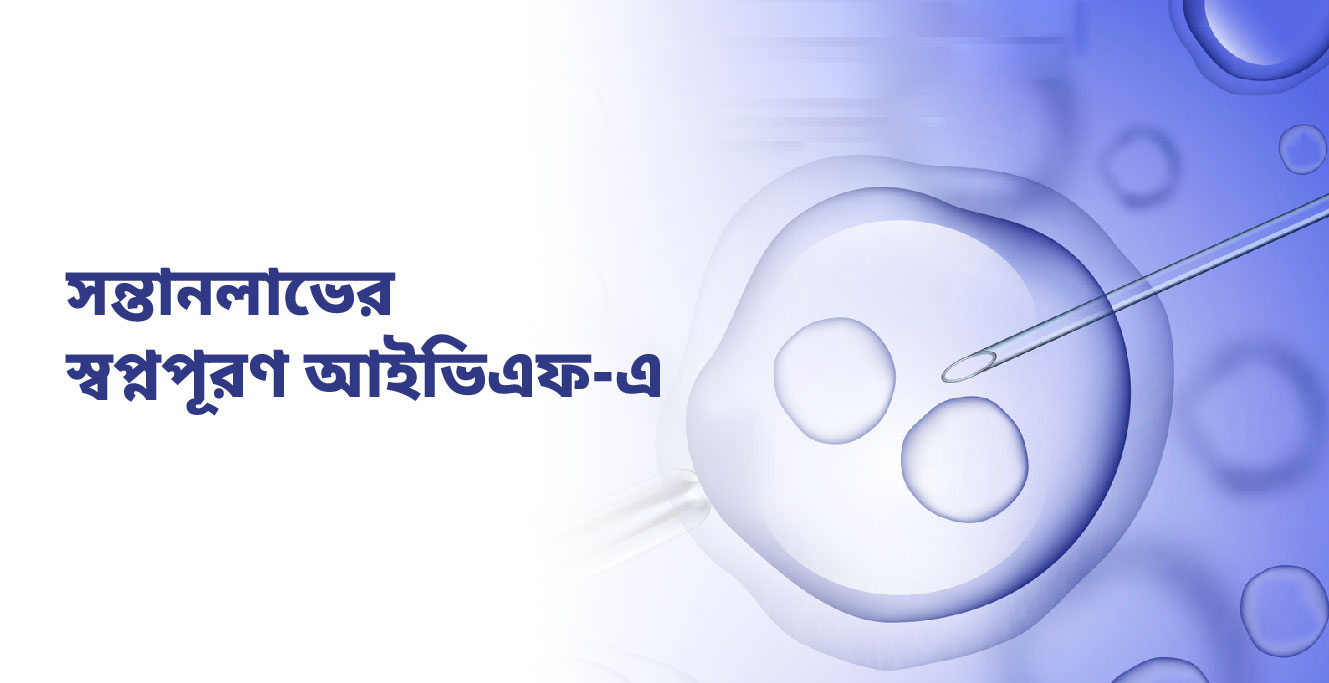Endometriosis Diet: What to Eat and Avoid
- Published on May 31, 2024
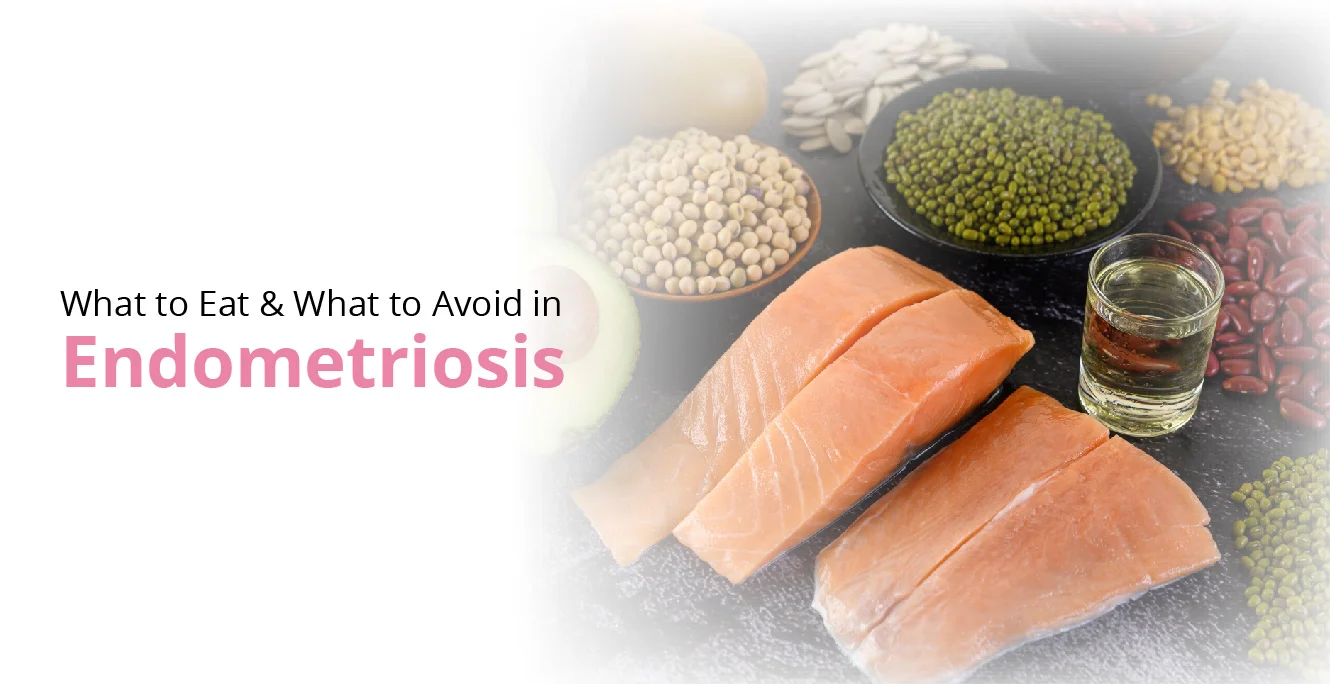
Endometriosis Diet: What to eat and avoid
Are you struggling with endometriosis and looking for dietary measures to manage your symptoms? Endometriosis is a chronic condition that occurs due to tissue development called endometrium. This endometrium acts as a layer for the uterus cavity which is also known as uterine lining. When this uterine lining grows outside the uterus the disorder is called Endometriosis.
According to WHO, currently, there is no known cure for endometriosis, so most treatment focuses on managing symptoms. Early diagnosis and effective treatment are crucial but often limited.
To manage endometriosis, medical interventions can be helpful, however, nutrition and following endometriosis diet has a big influence on your general health and symptoms. In this article, we’ll discuss important endometriosis diet adjustments for effective management of symptoms. Read below and learn –which food items are best to eat and which ones you need to avoid for improved health and symptom alleviation.
Table of Contents
Signs & Symptoms of Endometriosis
Some of the common signs and symptoms of endometriosis are:
- Pelvic pain
- Pelvic pain
- Painful periods
- Infertility
- Heavy menstrual bleeding
- Pain during intercourse
- Pain with bowel movements
- Fatigue
- Bloating
- Nausea
Best Foods to Include in Endometriosis Diet

It is typically advised by experts that consuming a well-balanced endometriosis diet high in specific nutrients can help alleviate painful symptoms:
- Fruits and Vegetables: Include a range of seasonal and fresh fruits along with vegetables in your diet. These foods are rich in antioxidants and phytonutrients, which result in reducing inflammation. Some of the excellent choices to add to your diet are berries, leafy greens, broccoli, and carrots.
- Omega-3 Fatty Acids: Incorporate foods high in omega-3 fatty acids, such as walnuts, flaxseeds, mackerel, and salmon. Such food items have anti-inflammatory qualities which help alleviate pain.
- Whole Grains: Choose whole grains like oats, brown rice, and quinoa. Because of their high fiber content, these grains may help control estrogen levels and promote a healthy digestive system.
- Healthy Fats: Include foods high in good fats in your diet, such as almonds, avocados, and olive oil. These fats support hormone balance and aid in the reduction of inflammation.
- Legumes: Beans, lentils, and chickpeas are excellent plant-based protein sources that also provide fiber and essential nutrients.
Worst Foods to Add in Endometriosis Diet
Some foods may aggravate endometriosis symptoms possibly worsening them by causing inflammation, severe pain and hormone imbalances. To avoid these symptoms you can always avoid the below-mentioned food items:
- Processed Foods: Avoid highly processed foods like packaged meals, fast food, and sugary snacks. These foods often contain trans fats and additives that can lead to inflammation making the symptoms worse.
- Refined Carbohydrates: Reduce your intake of refined carbohydrates by eating items that include maida such as spaghetti, white bread, and sweet desserts. These foods have the potential to increase inflammation and elevate blood sugar.
- Red Meat: You can limit the consumption of red meat and opt for leaner protein sources like poultry, fish, or plant-based alternatives. It is suggested because red meat can increase inflammatory response and estrogen levels.
- Dairy Products: Some women with endometriosis find relief by limiting or eliminating dairy from their diet. As they contain small amounts of hormones which can worsen the symptoms for some individuals.
Endometriosis Diet Plan
It is always best to get an endometriosis diet plan made from a dietician according to your BMI (body mass index) and individualised needs. However here is an endometriosis diet plan for refernce incorporated with both vegetarian and non-vegetarian alternate options.
| Meal | Vegetarian Option | Non-Vegetarian Option |
| Breakfast | – Moong Dal Cheela with a side of mint chutney | – Egg Bhurji (scrambled eggs) with whole wheat toast and a side of sautéed spinach |
| – Upma made with vegetables (carrots, peas) | – Chicken Poha with mixed vegetables | |
| – Smoothie with almond milk, spinach, banana, and chia seeds | – Greek yogurt with honey and mixed fruits | |
| Lunch | – Brown Rice with mixed vegetable curry (cauliflower, peas, carrots) | – Grilled Chicken Salad with cucumber, tomatoes, and a light lemon dressing |
| – Quinoa Khichdi with a side of raita | – Tandoori Fish with a side of mixed vegetable salad | |
| – Dal Tadka with a side of roti and a mixed salad | – Chicken Curry (using less oil) with brown rice | |
| Snacks | – Roasted chickpeas, Fresh fruit salad, Mixed nuts and seeds or Carrot sticks with hummus | – Boiled eggs, Grilled chicken skewers, Greek yogurt with honey, or Fish fingers (baked) |
| Dinner | – Palak Paneer with a side of brown rice | – Grilled Fish Tikka with a side of sautéed vegetables |
| – Vegetable Pulao with a side of cucumber raita | – Chicken Soup with a side of whole grain bread | |
| – Mixed Lentil Soup with a side of whole wheat bread | – Egg Curry with a side of quinoa |
Food items included in diet plan have anti-inflammatory properties. In addition, they are rich in nutrients, protein, mineral and fiber which are essential for managing endometriosis symptoms. If you want to add some beverages to this diet plans then you can include:
-
- Green tea
- Herbal tea (ginger, peppermint)
- Fresh coconut water
- Lemon water
Herbs and Supplements that can help Positively in Endometriosis
In addition to endometriosis diet modifications, certain herbs and supplements may also provide some relief from endometriosis symptoms:
- Turmeric: This spice has potent anti-inflammatory properties. If you add turmeric to your meals or take turmeric supplements it may help reduce pain and inflammation.
- Ginger: Ginger is another well-known natural anti-inflammatory herb that can be consumed in tea or added to meals.
- Magnesium: Some studies suggest that magnesium supplementation can help alleviate painful menstrual cramps caused because of endometriosis.
- Vitamin D: Gynaecologist suggest that adequate vitamin D levels are essential for overall health and may support immune function and reduce inflammation.
Prevention Tips for Endometriosis
A few lifestyle tips that can complement dietary changes and improve your overall well-being are:
- Regular Exercise: Engaging in moderate exercise such as walking, yoga, or swimming to definately help in managing stress and support hormonal balance.
- Stress Management: Following stress management or relaxation techniques like meditation, deep breathing, or spending time in nature can reduce stress dramatically along with alleviating other endometriosis symptoms.
- Hydration: Drink plenty of water throughout the day to support digestion and overall health.
Conclusion
Endomteriosis is a chronic condition and is generally debilitating which may impact the quality of your life. However, by making informed endomteriosis diet plan while adding right foods and incorporating lifestyle modifications, individuals with this condition can manage symptoms. Following such techniques can help them improve their quality of life with these proactive steps. Therefore, it is advisable to always consult a dietitian or fertility expert if you are planning for pregnancy before making significant changes to your diet or lifestyle.
Frequently Asked Questions (FAQs)
- Can diet eliminate endometriosis symptoms?
Dietary changes cannot completely eliminate the endometriosis symptoms, however, a proper diet plan along with lifestyle modification can help reduce is symptoms.
- Is there a specific meal timing recommended for managing endometriosis symptoms?
Although there is no hard and fast rule, but managing meals proportions throughout the day and avoiding large meals right before bed can help reduce endometriosis-related discomfort.
- Can certain spices or herbs help with endometriosis symptoms?
Some experts suggest that adding certain spices to your meals such as ginger and turmeric, which have anti-inflammatory qualities may help lessen the painful endometriosis symptoms.
- Should I consider any dietary supplements to complement my endometriosis diet?
To manage endometriosis symptoms, supplements such as omega-3 fatty acids, magnesium, and vitamin D are typically suggested. However, consulting with an expert is essential to maintain general well-being and overall health.
Related Posts
Written by:
Dr. Madhuri Thakur
Consultant
Dr. Madhuri Thakur is a fertility specialist with over 3 years of experience and has successfully performed more than 100 IVF cycles. She specializes in laparoscopy, hysteroscopy, and minimally invasive surgeries for complex infertility cases.
Raipur, Chhattisgarh
Our Services
Fertility Treatments
Problems with fertility are both emotionally and medically challenging. At Birla Fertility & IVF, we focus on providing you with supportive, personalized care at every step of your journey towards becoming a parent.Male Infertility
Male factor infertility accounts for almost 40%-50% of all infertility cases. Decreased sperm function can be the result of genetic, lifestyle, medical or environmental factors. Fortunately, most causes of male factor infertility can be easily diagnosed and treated.We offer a comprehensive range of sperm retrieval procedures and treatments for couples with male factor infertility or sexual dysfunction.
Donor Services
We offer a comprehensive and supportive donor program to our patients who require donor sperm or donor eggs in their fertility treatments. We are partnered with reliable, government authorised banks to source quality assured donor samples which are carefully matched to you based on blood type and physical characteristics.Fertility Preservation
Whether you have made an active decision to delay parenthood or are about to undergo medical treatments that may affect your reproductive health, we can help you explore options to preserve your fertility for the future.Gynaecological Procedures
Some conditions that impact fertility in women such as blocked fallopian tubes, endometriosis, fibroids, and T-shaped uterus may be treatable with surgery. We offer a range of advanced laparoscopic and hysteroscopic procedures to diagnose and treat these issues.Genetics & Diagnostics
Complete range of basic and advanced fertility investigations to diagnose causes of male and female infertility, making way for personalized treatment plans.Fertility Calculators
Empower your journey to parenthood with our fertility calculators. Accurate, personalized guidance for your fertility goals.
